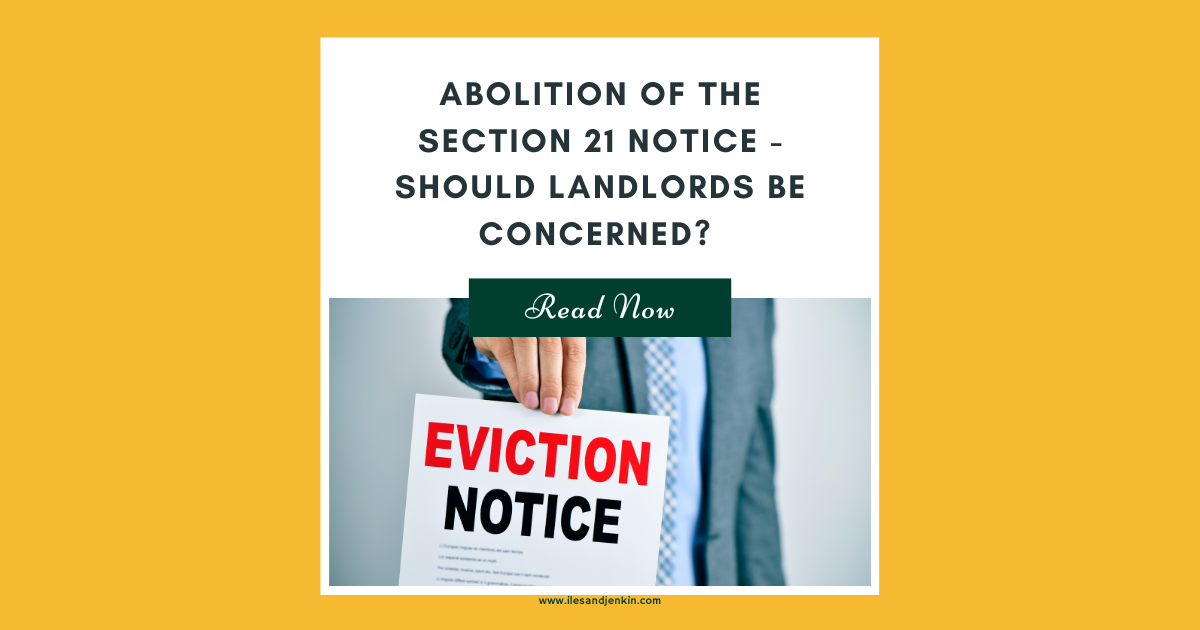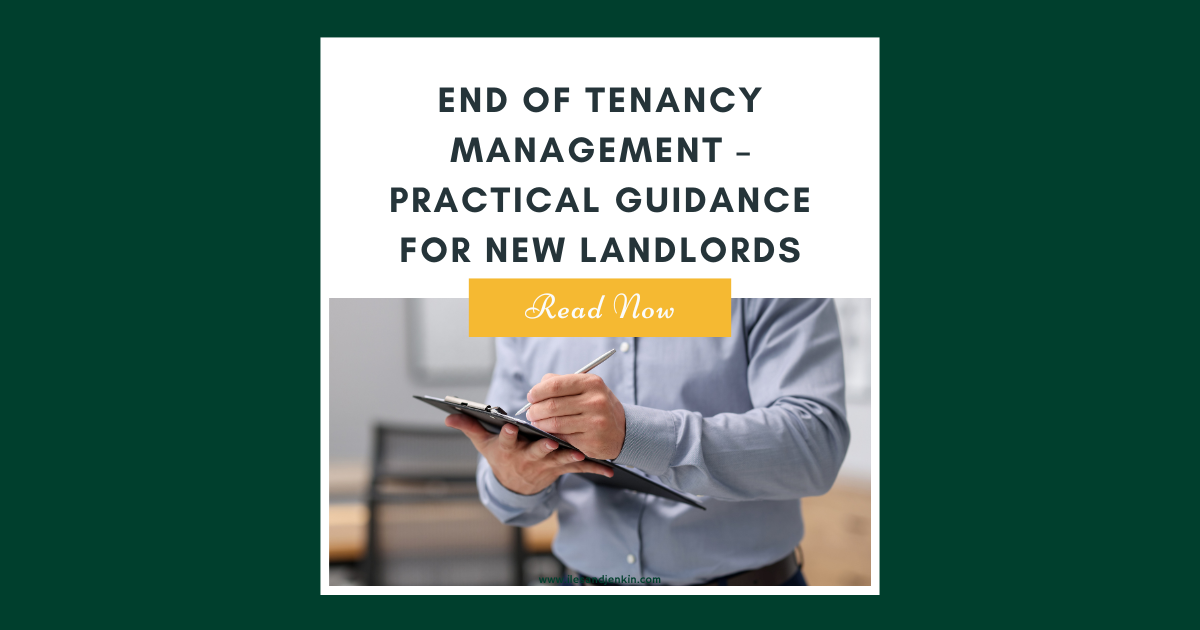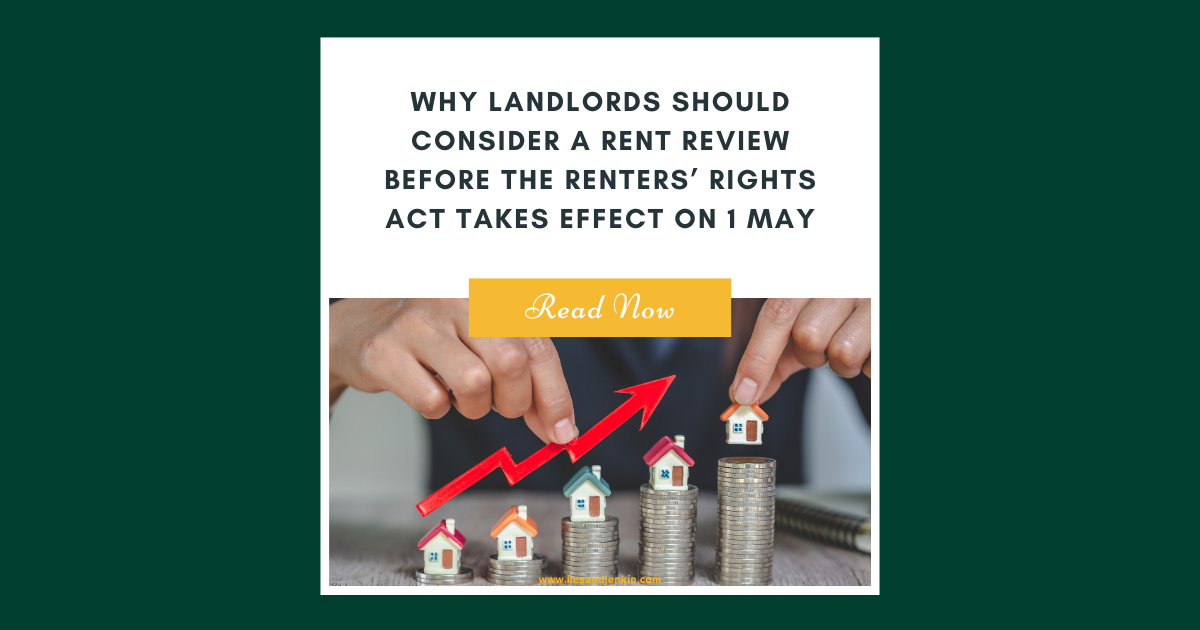Section 21 Notice Abolition - Should Landlords be Concerned?
The possible abolition of Section 21 has been a topic of interest for the Government for quite some time. Recently, the Renters' Reform white paper renewed their commitment to this initiative, bringing it closer to reality. While some experts applaud the move as a means to enhance renter protections, others express concerns that landlords may find themselves stuck in unprofitable tenancies or dealing with problematic tenants.
The Government's plan involves replacing Section 21 'no fault' eviction notices with a system of periodic tenancies and bolstering Section 8 grounds for eviction. This change will be supported by the introduction of a new Ombudsman, aiming to streamline dispute resolution between landlords and tenants, reducing costs and the reliance on court proceedings.
However, the big question remains: When will Section 21 be abolished? The exact timeline is uncertain, particularly with changes in government leadership. Nonetheless, the plans to remove Section 21 are likely to proceed, though adjustments might be made based on industry feedback.
With the removal of Section 21, landlords will have to rely on the Section 8 eviction process. This may slow down evictions, as it involves gathering evidence and court proceedings, leading to potential delays in reclaiming properties. The concerns are compounded by an already overburdened court system, with some landlords waiting months for their cases to be heard.
Despite the challenges, many groups, including the UK Association of Letting Agents (UKALA), welcome the move, pointing out that most tenancies are ended by the occupiers' choice to leave, rather than landlords serving Section 21 notices. Advocacy groups like Generation Rent and Shelter also support the change, and even the Royal Institute of Chartered Surveyors (RICS) is in favor, emphasizing the need for more rental properties to meet the Decent Homes Standard.
While the process to abolish Section 21 is progressing, it still needs to be scrutinized by the Levelling Up, Housing and Communities Committee. Amendments are likely to occur as it moves through Parliament, and landlords should be prepared for the changes by maintaining clear records, using repairs and maintenance software to create an audit trail, and promptly addressing tenant communications and repairs. This proactive approach will position landlords well to navigate the changes and swiftly repossess properties if necessary once Section 21 is abolished.
If you have any queries or concerns with regards to this and would like to discuss it in further detail, our team will be happy to take any calls - 01934 512537



 By
By 
 posted by
posted by 


Share this with
Email
Facebook
Messenger
Twitter
Pinterest
LinkedIn
Copy this link